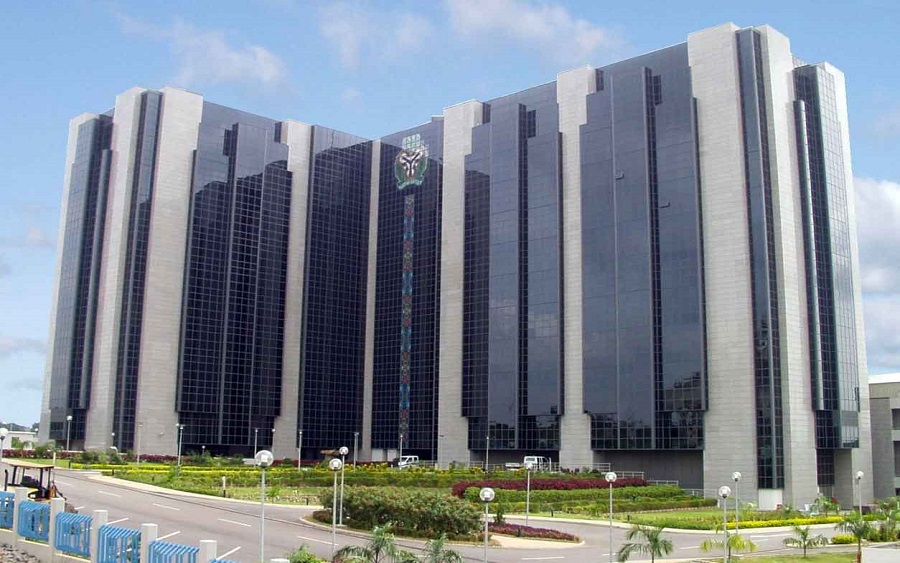The Central Bank of Nigeria (CBN) has dismissed reports that it has finally barred commercial banks from investing in Treasury Bills.
A top official of the CBN reportedly revealed that although the apex bank would be eager to see commercial banks participate less in the primary market Treasury Bills auction, this can only take effect when the Central Bank issues an official circular to that effect.
The back story: A section of the media reported last week that CBN prevented commercial banks from buying Treasury Bills for their own accounts at an open market auction held on Thursday, July 18, 2019.
This has generated reactions, as the CBN had earlier hinted at its plan to provide a mechanism that would limit banks from accessing government securities so as to redirect banks’ lending focus to the private sector.
- The CBN recently gave new directives to the commercial banks to maintain a minimum loan-to-deposit ratio of about 60%, with the aim of encouraging SME, retail, mortgage and consumer lending in the economy.
- In a bid to end banks’ reluctance to lend to the real sectors, the Central Bank directed that banks’ daily deposits placement through the CBN’s Standing Deposit Facility (SDF), shall no longer exceed N2 billion.
[READ: Why CBN disallowed banks from investing in bonds]
CBN dismisses claims: Though it was revealed in a recent circular that the CBN would fully execute the plan to see banks focus more of their funds to MSMEs in Nigeria, the source revealed that no decision had been made to stop banks from patronising government Treasury Bills and bonds.
“We want the banks to focus more on lending and not buying government securities. But we are not trying to force them to do so, because we have our Prudential Guidelines that they must comply with. What we are doing is like a signal, we are showing them the direction we want them to go.
“We have not barred the banks from investing in Treasury Bills, otherwise, we would have released a circular to that effect. But we did what we did, first to let the market know that our interest would be for non-proprietary transactions.
“That is, investors, both local and foreign, can buy our instruments. But we would like to see less of the banks coming to use their instruments to come to the primary market to buy Treasury Bills.
“However, banks and any other person can do secondary market transactions. That does not mean that banks have been barred from the treasury bills market. The CBN will use its discretion to see whether it is a general auction or a special auction that the banks can participate in.”
The bottom line: Specifically, in an attempt to drive the real sector of the economy, the CBN has been advancing its move to make credit facilities available to the sector.
Meanwhile, following the report of dismissal by the CBN, it means commercial banks can still leverage on investment in Treasury Bills and bonds while the CBN unveils its final strategies regarding bank participation in buying government bonds and Treasury Bills.
[READ: Experts differ on possible rates cut as CBN holds MPC meeting]

















What is the current rate of TB with maturity period of 91 days?